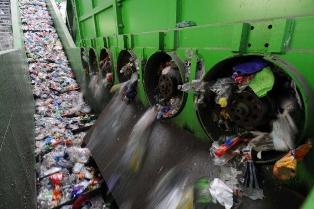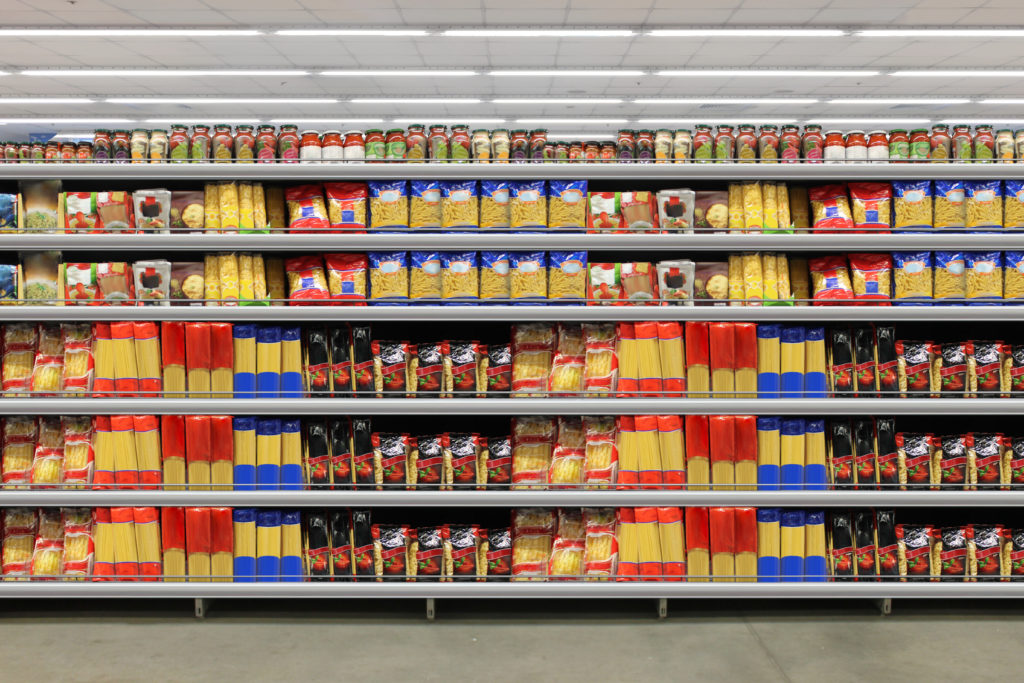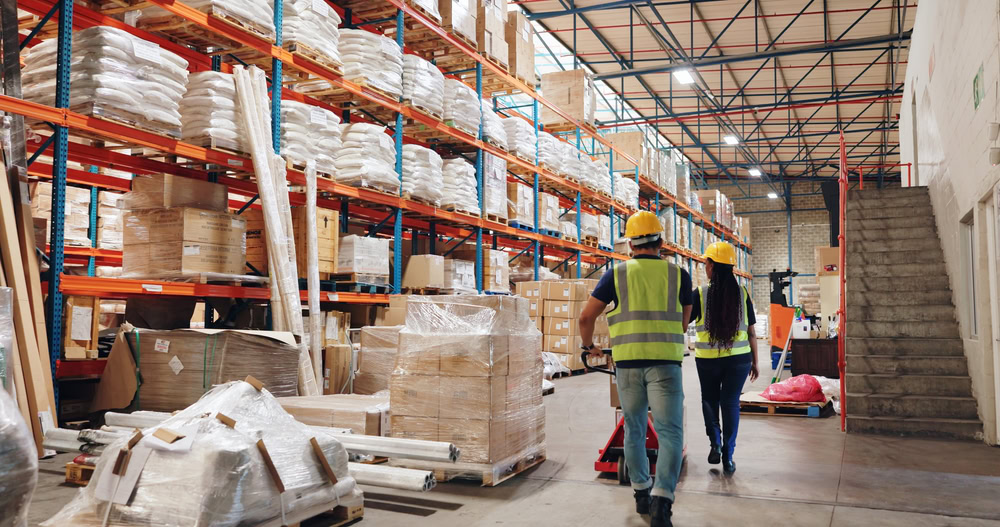UK reprocessors are losing out compared to exporters because theyare not treated equally underthe Packaging Waste Recovery Note (PRN) System.
That was theclaim madeyesterday (March 7) by Chris Dow,managing directorof London-based plastics recycling company Closed Loop Recycling, who was speaking at an APSRG meeting in Westminster on Packaging Waste: Where do we go from here?

Mr Dow welcomed government proposals launched in December 2011 to raise the plastics packaging recycling target for businesses to 57% by 2017 (see letsrecycle.com story). He said that despite concerns raised by the likes of the British Plastics Federation, he believes the targets are achievable and will provide a huge boost for the plastics recycling industry.
He said: This is potentially going to be one of the greatest stimulants for investment in the sector.
Unlevel playing field
However, Mr Dow warned that UK reprocessors are currently operating on an unlevel playing field because they are entitled to less of a subsidy than exporters.
Under the Packaging Regulations, packaging producers are set targets each year which they have to meet by purchasing PRNs, or their export equivalent, PERNs
While the value of PRNs, is the same as PERNs, Mr Dow said that UK reprocessors could only claim them against material which was actually recycled, as opposed to all the material in bales, which includes contamination.
The PRN/PERN is wonderful system but it is in need of reform as UK reprocessors are losing out, he said. Im not anti export but let us all trade on the same basis. I can only claim a percentage because Ive got to take out things which arent recyclable. Ive got to clean the bales up.
Policing
In response, Duncan Simpson, from producer compliance scheme Valpak, suggested that it would be hard to set different values for PRNs and PERNs, posing the question should we penalise bottles for leaving the UK?
Rick Hindley, of aluminium recycling organisation Alupro, added: For me its more of an issue of policing rather than having different PRN values for export.
“The PRN/PERN is wonderful system but it is in need of reform as UK reprocessors are losing out”
Chris Dow, Closed Loop Recycling
In response Mr Dow commented: The Agency has advised us that only 2% contamination is allowed but I have never yet seen a bale with a 2% contamination rate. We need to enforce the Transfrontier Shipment of Waste rules. It is a serious issue we are talking about shipping landfill overseas.
Quality
Mr Dow stressed that the quality and consistency of material provided by materials recycling facilities (MRFs) was crucial for reprocessors.
This is something which was picked up by David Workman, director general of the Confederation for Paper Industries (CPI). Mr Workman claimed that a more standardised approach to collection was needed to improve quality.
He said: There is such a lack of consistency across the country that it makes it impossible to get quality back into the system. We are not saying we should have the same system in central London as in the countryside but we would like to see more central command and control.
However, Marcus Gover, director of the Closed Loop Economy at WRAP, asked whether reprocessors were willing to pay more for the quality of the material they desired. He said: A key question is whether you are prepared to pay more for higher quality. Is there enough value to pay more?









Subscribe for free